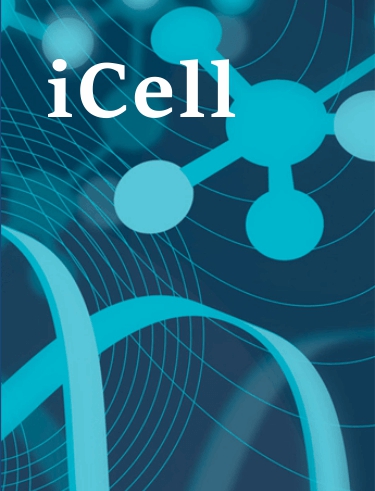Long COVID: Current Status, Challenges and Future Directions
DOI:
https://doi.org/10.71373/ELJT3204Keywords:
Long COVID; sequelae; SARS-CoV-2; clinical manifestations; mechanismsAbstract
Long COVID refers to the persistent symptoms and health issues experienced by patients following infection with the SARS-CoV-2. As the pandemic continues, research into Long COVID has gradually become a focal point for the global medical community. Current studies suggest that the pathogenesis of Long COVID may be closely related to factors such as immune response, inflammatory reactions, neurological damage, and microvascular lesions. The clinical manifestations are diverse and include, but are not limited to, fatigue, dyspnea, cognitive impairment, and mental health issues. Epidemiological studies show that there are significant differences in the incidence of Long COVID among different populations, and its effects can be long-lasting, severely affecting patients' quality of life. Currently, diagnostic methods for Long COVID are still under exploration, with common assessment tools involving clinical interviews and questionnaires. In terms of treatment strategies, while no specific treatments exist yet, a comprehensive management approach including symptom relief, rehabilitation training, and psychological support has shown some efficacy. By analyzing the latest research findings, this paper aims to provide references for clinical practice and future research, promoting further understanding and response to Long COVID.


